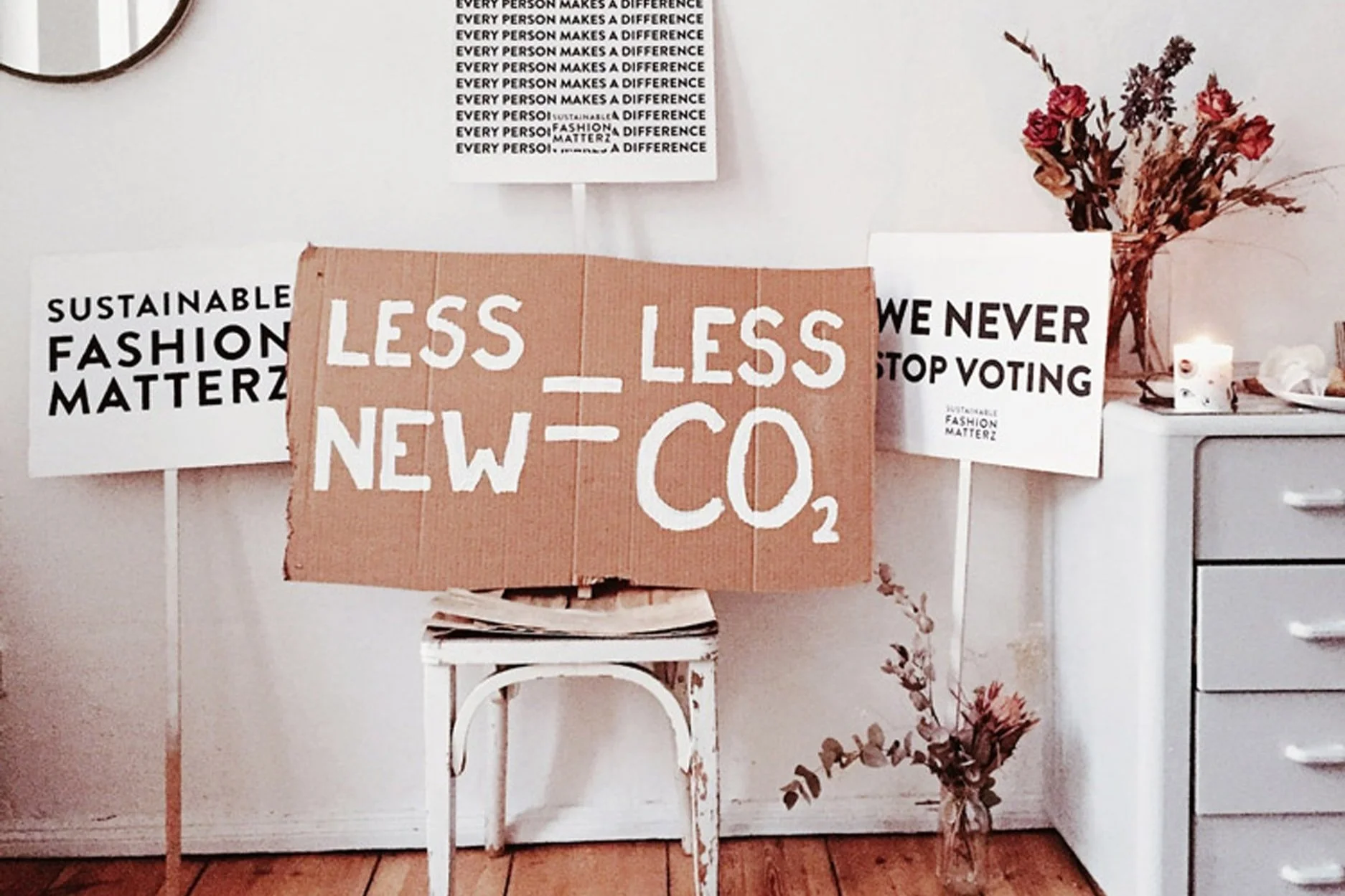Are we doomed or are there enough genuine change makers to influence the masses?
A reflective report after my 3 days at the Raw Assembly Exhibition and Symposium event.
So many mixed and contradicting thoughts have been floating and filtering through my overloaded think-box, regarding the future of the fashion industry...
On the one hand, I was so excited and thinking of all the design possibilities when scouting through the alternative natural and sustainably produced textile options on display, then, listening to some of the keynote speakers removed a vast sense of ambition for anything fashion related…The critical message clearly pronounced that, to be responsible citizens of the planet, we must DRASTICALLY reduce producing and consuming frivolous products, a category which fashion has typically been known for. This was particularly conclusive for products with plastics as a derivative. We basically have a timeframe of only a decade to reverse our habits before the consequential outcome is blatantly dire!
It was nothing I haven’t heard of before but for some reason, the repetition of the message from speakers in specific areas of expertise, magnified the situation. Speaker, Luke Haverhals, a Research Professor of Chemistry and CEO of Natural Fiber Welding (NFW), was particularly impressive with his compelling eye-opening presentation backed up by numerous data, graphs and diagrams as visuals for clear understanding. https://www.naturalfiberwelding.com/
NFW presentation from RawAssembly
Amongst other issues, Luke’s perspective on recycled plastics to textiles otherwise known as rPET were simply pessimistic pointing out that, “there is NO statistically relevant recycling of fashion/apparel”, and that the rPET sustainable marketing is a result of, “greenwashing from the Sustainable Apparel Coalition, Higg MSI”. This was definitely a revelation to me and I’m sure, to everyone who thought their use of rPET textiles relieved them of the guilty conscience.
Typically, one who heavily critiques requires a viable solution for their claim to have substance, so it was no surprise that Luke Havernals founded Natural Fiber Welding (NFW), a company whose mission is to invent and manufacture purely sustainable materials from plants. Beginning with inherently circular, natural ingredients, NFW is making a material-rich, plastic-free future possible!
NFW, alongside several other innovators of responsible natural fibre producers and manufacturers, presented a glimmer of hope, however, how do we spread the word at a rate that creates enough impact to supersede the continued expediential growth of fast-plastic-infested fashion? How do we communicate to the mass that buying heaps of cheap disposable gear to create that Insta quota is negatively impacting and rapidly subtracting our future quality of life? How can we demand reduction from the mega companies raking in billions from the constant overproduction of inferior quality destined for landfill and exploiting their workers in the process? The overwhelming ‘hows’ continued to pile up, as did the rate of my anxiety levels and, until I was able to take an emphatic deep breath to reset the pace, it was a suffocating experience…
I came to the realisation that as individuals, we cannot solve all the complexity of the current chain of problems. What we can ALL do better is contribute by being more aware of our purchasing habits and the very least ask these questions before making the transaction:
What plans do I have for this particular garment/accessory? If the answer is just for one specific event with no plans beyond, don’t buy it!
How will it coordinate with what I already have? If the answer is ‘no idea’ then reconsider.
What is the brand of the garment and where do they manufacture their products? What is their ethos and is it reflected in their services? You can obtain information through your personal experiences or read reviews – with an open mind. Remember that many brands present a version of themselves that is NOT reflected in their products or service because they know the keywords in marketing that is needed for greater sales potential. GREENWASHING is everywhere so do your due diligence!
Is it going to service me multiple times and over how many years? Is it a style with wearing versatility and if not, look at the multiple styling potential to differentiate the looks for years to come.
Will I take the initiative to give it a new life once it has satisfied my ‘wearing quota’? If still in good shape you could sell or give it away, or mend and give away.
What is the fibre content of the garment? Is it a natural or synthetic fibre? Every garment should have content information alongside care instructions. If it does not, you are likely purchasing an unethical product made from cheap chemically infused textiles in unethical factories, because responsible brands will at the very least, make the effort to include content in their care instructions. Remember, synthetics such as polyester, nylon, acrylic & elastane are fibres with a plastic derivative. Remove or significantly Reduce purchasing garments with these fibres as the shedding of microplastics into the air and into our ocean are causing major negative health issues unknowingly.
And for fashion businesses, what areas of your supply chain or manufacturing process can you reassess to incorporate more sustainable, plastic-free ways of work?
These are just a few questions but a great start to the reform! Let’s be a part of the genuine group of change makers and purchase with more consideration. Initiate the contagion by bringing knowledge through conversation with family and friends. Make it common practice and eventually the spread will inundate the masses and only then will large unethical global conglomerates listen because they will only make what is in demand!
It is only through applied effort that will reverse the damage and this application is everyone’s responsibility.









